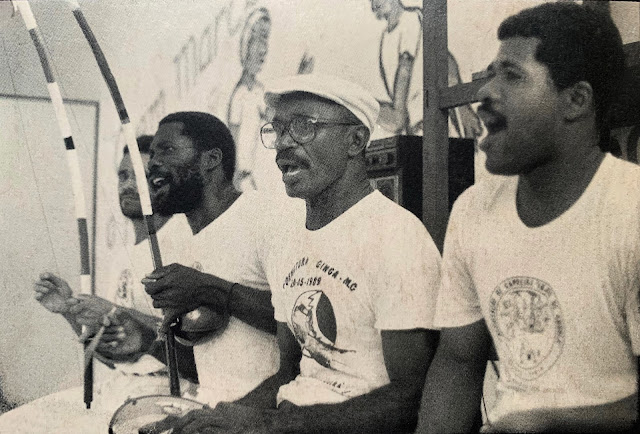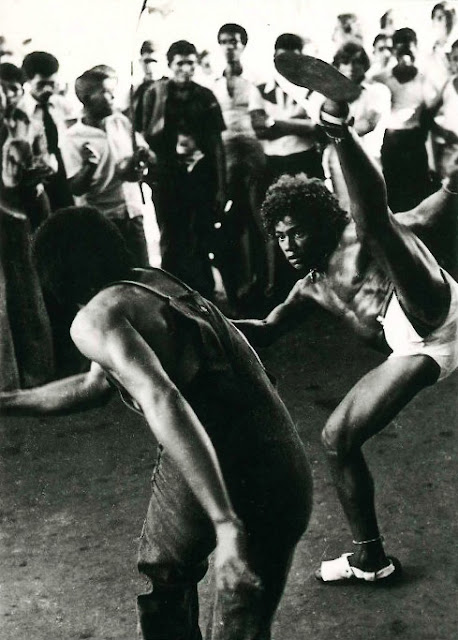CHAD – TCHAD
Anthologie de la Musique du Tchad – Populations Islamisées – Ocora OCR 38 – recorded by Charles Duvelle & Michel Vuylsteke, photographs by Charles Duvelle, 1966 (from 3 LP Box Set)
Here’s the third, and last, record from the gorgeous three-LP anthology of Chadian traditional music released on the legendary first Ocora series. This disc showcases the music of of Chadian ethnic/cultural groups influenced by Islam and performed by professional musicians, including the Barma people (A1-A2), the Dekakire (A3) and Salamat (A4) Arab people, the Kanembu people (B1) and Musgum (or Muwi) people (B2).
Voici le troisième et dernier disque de la magnifique anthologie de la légendaire première série Ocora sur la musique traditionnelle du Tchad. Ce disque présente la musique de groupes ethniques/culturels tchadiens influencés par l'Islam et jouée par des musiciens professionnels, notamment les Barma (A1-A2), les peuples arabes Dekakire (A3) et Salamat (A4), les Kanembou (B1) et Mouloui (ou Mousgoum) (B2).
Barma people
A1 – Kaninga song to encourage warriors before a battle;
A dozen kneeling women perform a series of slow movements of the head, chest and arms to the music of a female singer, exclamations, four kinde five-string bow harps and a kourougou calabash rattle;
Recorded in Massenya, May 5, 1966.
A2 – Song to encourage canoeists and give them strength;
The orchestra includes two baya straight metal flutes with a notched mouth-piece and vocal sounds emitted by the flautists, a long hour-glass shaped boudougou open drum, a gangua cylindrical double-skin drum and a bandil conical drum;
Recorded in Massenya, May 5, 1966.
Dekakire Arab people
A3 – Music to entertain young girls and make them dance;
lssa Chauffeur plays the djiguendi algara three-stringed lute;
Recorded in Fort-Lamy, May 8, 1966.
Salamat Arab people
A4 – Three Karo dance tunes;
Baji Abd el Krim’s ensemble, includes three chila-chila oblique 4-holed wooden flutes, a kouli single-skin hourglass-shaped drum, a bandil conical drum and a gangua cylindrical double-skin drum;
Recorded in Fort-Lamy, April 14, 1966.
Kanembu people
B1 – Mba dou nasara song of praise;
Ensemble, including a ghaita conical oboe played by band leader Abakar Moustapha, two gangua cylindrical double-skin drums and a small two-skin trombel drum;
Recorded in Fort-Lamy, May 8, 1966.
Musgum people
B2 – Greetings to the chief of the village of Katoa;
Mala Bara’s ensemble includes a ghaita conical oboe, three long gachi tin trumpets, three gangua cylindrical double-skin drums of different sizes and a small double-skin trombel drum;
Recorded in Katoa, April 16, 1966.
Download:
Our other Chadian music posts:
Anthologie de la musique du Chad – Les Sara – Ocora OCR 36 here
Anthologie de la musique du Chad – Le Mayo-Kebbi Occidental – Ocora OCR 37 here
Chad (Kanem) – Unesco Collection – BM 30 L 2309 here



%2025%2038%20(1).jpg)
%202%2020%20EDITED.jpg)
%207%2020.jpg)
%204%2058.jpg)
%205%2032%20(1).jpg)
%204%2044.jpg)
%200%2040.jpg)
%200%2036.jpg)
%204%2021.jpg)
%200%2044.jpg)
%20-4%2011%20(2).jpg)
%20-4%2040.jpg)
%200%2028.jpg)

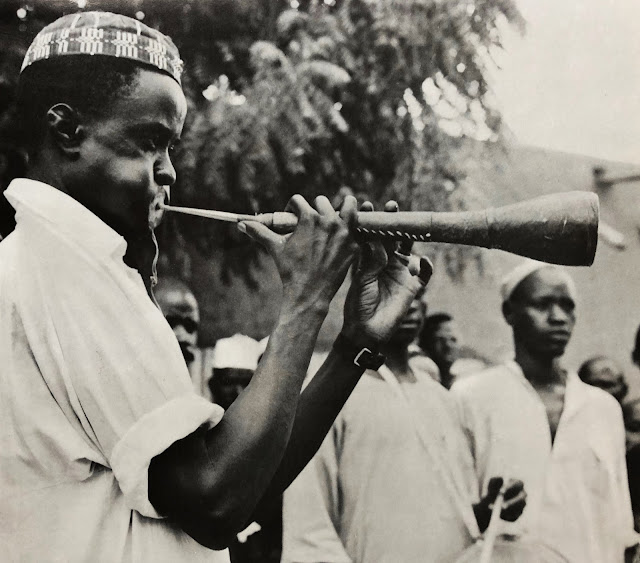
.jpg)

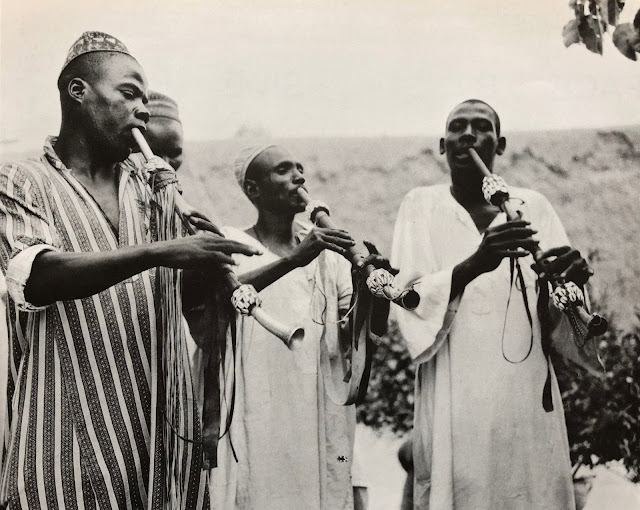

%20-11%2039.jpg)
%2016%2047.jpg)
%20P2%20)%200%2048.jpg)
%20-25%2056.jpg)
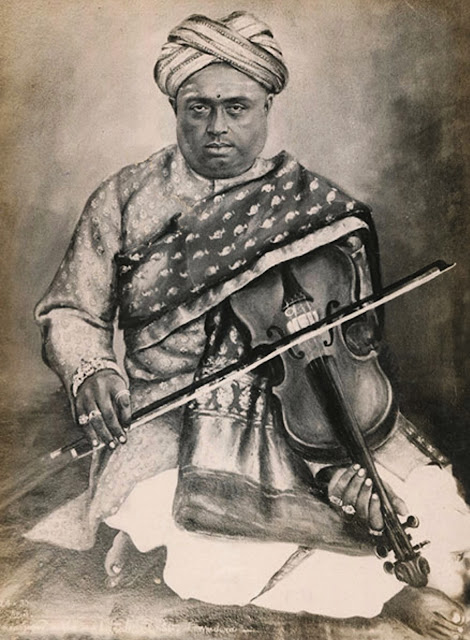

%20-4%2080.jpg)
%20-5%2074.jpg)


